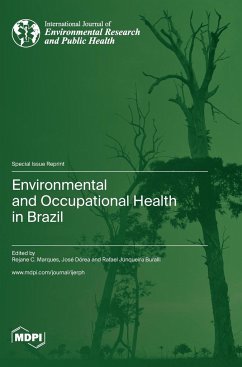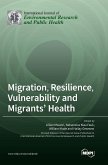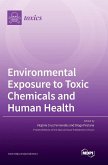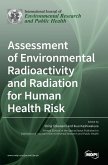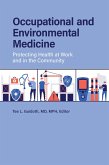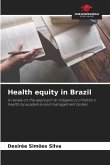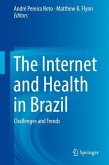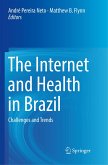Brazil, the largest country in Latin America, is a multicultural country with abundant biodiversity, forests, and water sources. The country has experienced rapid urbanization and industrialization in recent decades, creating considerable social and economic progress. However, countless environmental and occupational risks that follow unregulated development still threaten the health of exposed children and adults from urban and rural areas. Despite a complex scenario of exposure to multiple contaminants, studies on the impacts on human health and well-being are sorely needed. Thus, building up comprehensive evidence on environmental and occupational health in Brazil is crucial to improving practices and policies toward stronger social development. This Special Issue comprises cutting-edge epidemiological, clinical, and experimental studies, as well as literature reviews on all aspects of environmental and occupational health in Brazil. Studies on children, adults, and vulnerable populations related to toxicology, epidemiology, and public policies are especially welcomed. Manuscript topics include, but are not limited to, the adverse health effects of physical, chemical, and biological risks; exposure to air, water, soil and food pollution; metals and pesticides; organic solvents; dust; and climate change.
Hinweis: Dieser Artikel kann nur an eine deutsche Lieferadresse ausgeliefert werden.
Hinweis: Dieser Artikel kann nur an eine deutsche Lieferadresse ausgeliefert werden.

